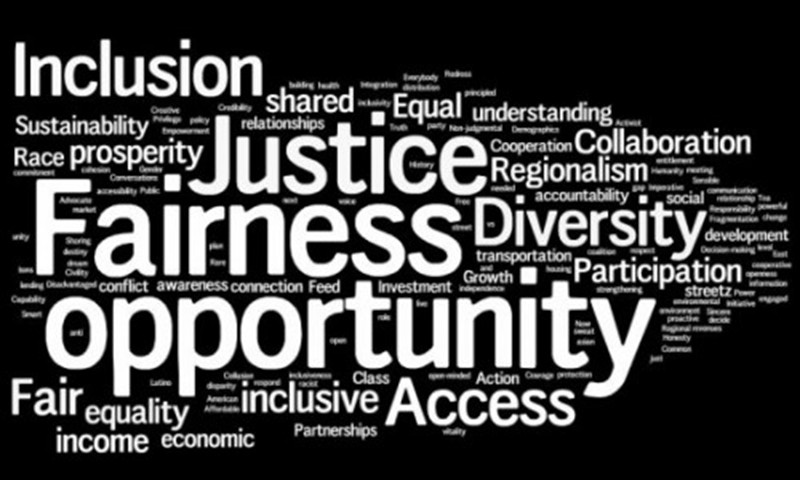It’s that time of the
year: Back to School after a lengthy summer vacation. Teachers truly appreciate
well-deserved time off to pursue personal interests, hobbies, and other
personal goals. Vacation spots are a treasure and having free time is a
precious commodity. I love summer time. It is a time to slow down and recharge.
There is a certain sadness when summer time is over. I love being a teacher but
it is a very demanding and sacrificial profession with very little personal
time.This summer I had a
chance to reflect upon my career as an educator and what impact it has on my
life and the lives of others. I received a call from a student that reaffirms
what teachers do and why they do it: because it matters!
Fast-forward 10 years.
I got a call from a woman asking for me in Spanish. After wrestling with my
memories I identified who was on the phone: “Mrs. Mari, how are you, so pleased to hear your voice” I said. We started talking and bringing back the
memories. And then there it was, a few words that made me tear up and choke up
on the phone: “Mrs. Castillo, I truly liked being in your class. You saw me for who I
truly was. You looked at me with eyes of love”. Wow, what a great
testimony to the power of kind words: I will remember her kind words. It was
pay-it forward time. “You look at me with eyes of love”
My words of
encouragement to veteran and new teachers is that what you do is important and it
matters. As school resumes this fall, please remember:
You never know the impact
that your words will have on a student. Make a commitment to lift students up
and see them for who they truly are. Many of our students lack affection,
positive encouragement, a role model, or an adult that cares.
The
Power of Listening
It is ok to take time
to slow down to listen to students’ concerns and for teachers to take time to
stop teaching content to teach life lessons. What you say at the right time in
the right place can affect a student’s future.
The
Power of Caring
Students may hardly
remember what you taught but they will never forget how much you cared. Assume
best intentions, teach with a giving, caring, and forgiving heart. Even in the
worst days, when students turn your life upside down, give them the benefit of
the doubt. Offer them a clean slate the next day. In this day and age of
internet access, no one needs to sit in a classroom and interact with people.
Knowledge is readily available. Use the power in you and the great opportunity
you have of influencing a real person’s live.
The
Power of Love
Look
at students with eyes of love. They needed it. I
attended a Better Together California Teachers
Summit and the keynote speakers highlighted how teachers influenced their
lives. I listened to a famous actress and singer as well as an astronaut. They
are who they are today because along the way, a teacher said a kind word,
listened, cared, and loved. This is the power in you. Teach… and transform a life.





